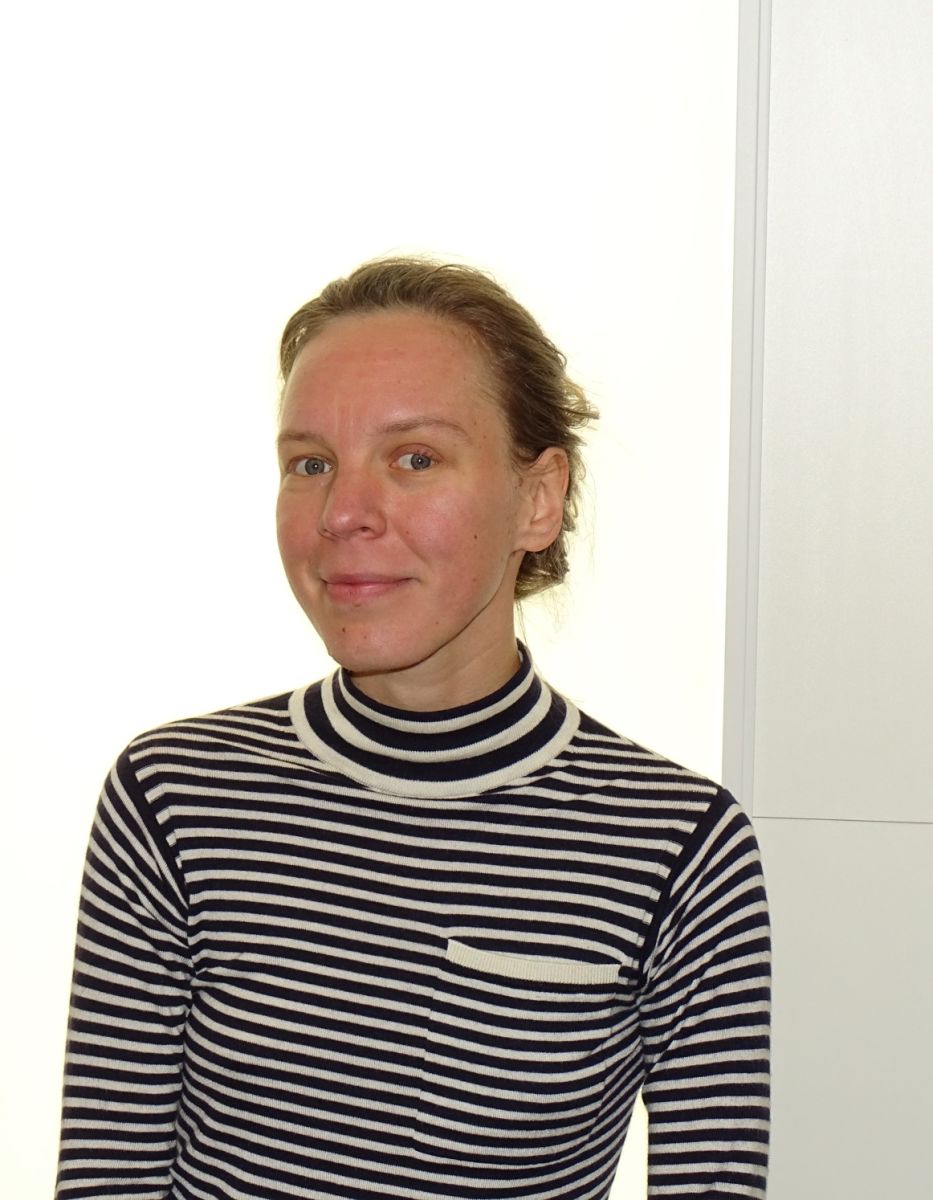You are here
- Home
- Research
- Research degrees
- PhD Students
- Alina Kislova
Alina Kislova
Research student
Alina Kislova is affiliated with The Open University Law School.
You can email Alina Kislova directly; but for media enquiries please contact a member of The Open University's Media Relations team.
Biography
The academic journey of Ms Kislova started in 2005 when a 14-year-old Alina became a student of the pedagogical college in her hometown in Russia, which provided her a first platform to engage in empirical research projects. Four years later, Alina joined the Law Faculty of the Kazan Federal University in Russia and in 2015 successfully graduated from, with the Specialist Degree in Law. The combination of pedagogical and legal degrees led Alina to pursue the International Master in Adult Education for Social Change funded by the European Commission. This master programme allowed students to study and research at three different locations across Europe with the University of Glasgow as the main academic spot. That broad experience has solidified Alina’s research eagerness to work on interdisciplinary research projects combining law and education. As a result, starting from 2016 Ms Kislova has been researching within the clinical legal education area that allowed her to exercise both of her academic expertise. To specify, from 2016 to 2018 there have been three university legal clinics where Alina acted as a visiting researcher: the University Strathclyde Mediation Clinic in Scotland, the University of Malta Law clinic in Malta and the Cardiff University's School of Law and Politics Pro Bono Unit in Wales.
Consequently, Ms Kislova’s current PhD project lies within the area of clinical legal education with the research aim to explore to what extent CLE impacts student social mobility, using the theory of capital, habitus and field developed by Bourdieu and the transformative learning theory of Mezirow. The use of Bourdieu’s concept is useful to examine CLE impact on capital mobilisation and acquisition by law graduates, while Mezirow’s theory helps to visualise the transformative learning tools that facilitate the impact suggested by Bourdieu. To be able to fully understand complex configurations and accumulations of all kinds of capitals that are at law graduates’ disposal, a qualitative approach will be adopted. The set of independently employed qualitative instruments- one-on-one interviews, focus group and document analysis - will allow a researcher to explore deeper, and with a greater transparency, the CLE impact on student social mobility in the UK.
As the PhD project develops, more information will follow.
